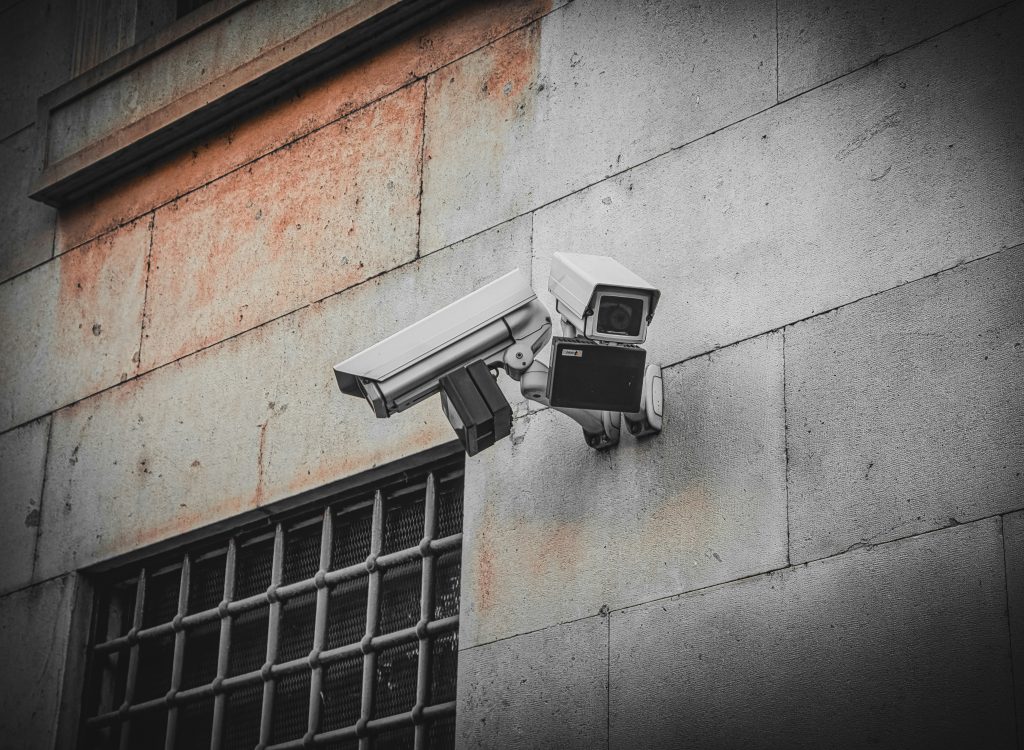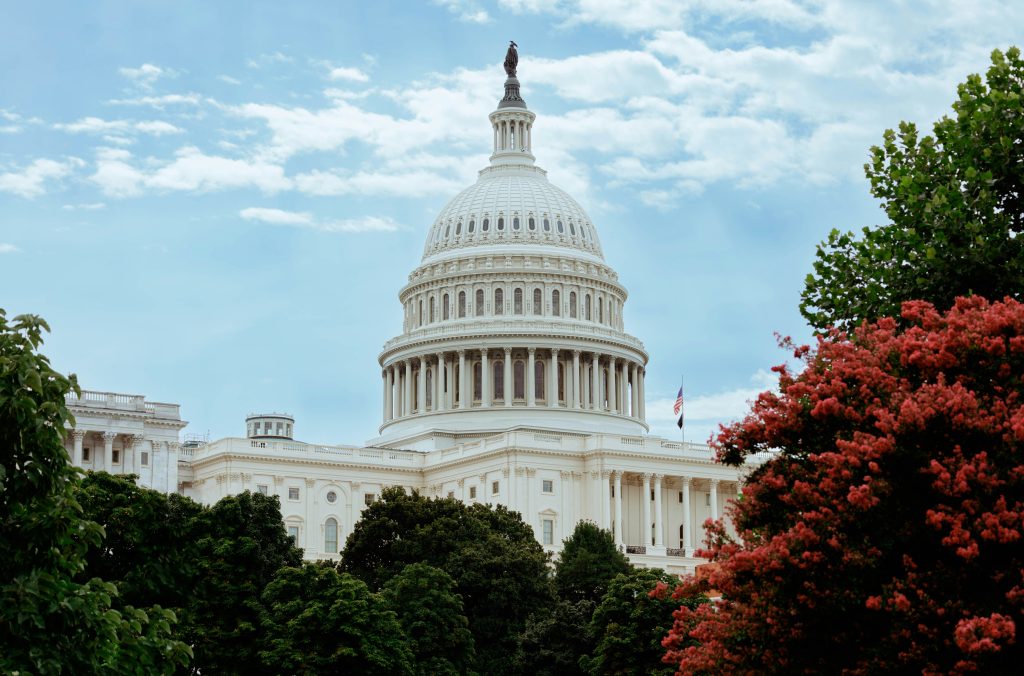Casino Fandango Reports Data Breach: What You Need to Know
In a significant development for the gaming industry, Casino Fandango has officially reported a data breach to the Attorney General of Montana. The incident, which was disclosed on September 23, 2024, has raised alarms among patrons and industry experts alike, highlighting the growing concerns over data security in casinos.
According to reports, an unauthorized party accessed sensitive customer information, prompting the casino to take immediate action to mitigate potential risks. While the specifics of the breach remain under investigation, it is crucial for casino patrons to remain vigilant and take necessary precautions.
Data breaches in the casino sector are not uncommon, given the vast amounts of personal and financial information that establishments collect from their customers. This latest incident serves as a stark reminder of the vulnerabilities that exist in the digital age, where cybercriminals are continuously looking for opportunities to exploit weaknesses in security systems.
Casino Fandango has assured its customers that they are working closely with law enforcement and cybersecurity experts to investigate the breach and enhance their security measures. The casino has also implemented additional safeguards to protect its patrons’ data going forward.
In the wake of this breach, customers are encouraged to monitor their accounts closely for any unusual activity and report any suspicious transactions to their financial institutions. It’s a fundamental practice to change passwords regularly and to use unique passwords for different accounts to minimize risk.
As the investigation unfolds, industry analysts are keeping a close eye on the implications this incident may have on customer trust and the overall reputation of casinos. The gaming industry has been facing increased scrutiny regarding data protection and privacy practices, and events like this could lead to more stringent regulations.
Moreover, this incident underscores the importance of transparency in the event of a data breach. Customers deserve to be informed about the risks they face and the steps being taken to protect their information.
Casino Fandango’s prompt reporting of the breach demonstrates a commitment to accountability, but it also raises questions about how prepared other casinos are for potential cyber threats. As technology continues to evolve, so too do the tactics employed by cybercriminals.
The casino industry must remain proactive in improving their cybersecurity measures to protect both their business and their customers. This includes investing in advanced security technologies, regular audits, and employee training to recognize and respond to potential threats.
In conclusion, as a patron of Casino Fandango or any other gaming establishment, it’s essential to stay informed about the potential risks associated with data breaches. By taking proactive steps to safeguard your information and remaining vigilant, you can help protect yourself in an increasingly digital world. The recent breach at Casino Fandango serves as a critical reminder that cybersecurity should be a top priority for both businesses and consumers alike.
Tags: Casino, cybersecurity, data breach
Massive Social Security Breach: Nearly 3 Billion Records Exposed
In a shocking development that has sent ripples through the digital security community, a hacking group known as USDoD has allegedly stolen personal records of an estimated 2.9 billion individuals, including sensitive Social Security information, from a background check company called National Public Data. The incident, which reportedly occurred around April 2024, has raised significant concerns about the safety of personal data in an increasingly digital world.
Earlier this month, the hacking group made headlines after leaking a version of the stolen data for free on a hacking forum, prompting widespread alarm among cybersecurity experts and the general public alike. This breach is not just another statistic; it represents a staggering amount of personal information that could potentially be used for identity theft and fraud.
The allegations surrounding the breach have emerged in the context of a class-action lawsuit against National Public Data, a Florida-based company that has been under scrutiny for its data handling practices. While the company has yet to confirm the details of the alleged leak, the implications are clear: millions of people could be at risk.
Cybersecurity experts are now urging individuals to take immediate action to protect themselves. The breach includes sensitive data such as Social Security numbers, a critical piece of information that can lead to severe consequences if it falls into the wrong hands. Victims of the breach may face the daunting task of monitoring their financial accounts and credit reports for any unusual activity.
In light of this incident, experts recommend that individuals remain vigilant and take proactive steps to safeguard their personal information. This includes utilizing identity theft protection services, regularly changing passwords, and being cautious about sharing personal data online.
Furthermore, the breach underscores the urgent need for enhanced cybersecurity measures across the board. As companies increasingly rely on digital platforms to store sensitive information, the risk of cyberattacks will only continue to grow. It is imperative for organizations to invest in robust cybersecurity infrastructure and to adopt best practices for data protection.
The National Public Data breach serves as a wake-up call for both individuals and organizations alike. As the digital landscape evolves, so too must our approach to safeguarding personal information. Whether through legislative action or increased corporate responsibility, it is crucial that we address these vulnerabilities before they lead to even greater crises in the future.
For those concerned about their personal information potentially being compromised, resources are available to help navigate the aftermath of a data breach. Organizations such as the Federal Trade Commission provide guidance on what steps to take if you believe your information has been exposed. In addition, monitoring services can alert individuals to any suspicious activity associated with their Social Security numbers.
As the situation develops, it remains to be seen how National Public Data will respond to these allegations and what measures will be implemented to prevent future breaches. One thing is certain: the time for complacency is over. In a world where data is increasingly vulnerable, it is crucial for everyone to take ownership of their personal information and remain informed about the risks that come with a digitally connected life.
Tags: cybersecurity, data breach, identity theft, personal information, Social Security breach, Social Security hack
Massive Social Security Hack Exposes Sensitive Data of Millions
In a startling revelation, a recent lawsuit has brought to light a massive data breach that potentially jeopardizes the personal information of every American. The alarming allegations stem from a case filed by a California resident who claims that his identity theft protection service has been compromised. Reports indicate that hackers have stolen over 2 billion records containing sensitive information, including Social Security numbers, raising serious concerns about identity theft and fraud.
This breach has captured the attention of lawmakers, with Senator Rick Scott demanding immediate accountability and action from the current administration. The implications of such a breach are profound, as identity thieves could use stolen Social Security numbers to file fraudulent tax returns, apply for loans, or engage in other criminal activities.
The breach is reportedly linked to a Florida-based company, which is now under scrutiny as investigators seek to understand the extent of the hack and the vulnerabilities that allowed it to occur. Experts warn that the stolen data could lead to a surge in identity theft cases, with potentially devastating effects on the lives of millions of Americans.
Individuals whose Social Security numbers may have been compromised are urged to take immediate action. The Internal Revenue Service advises those affected to contact them promptly to mitigate the risk of tax fraud. Additionally, it is recommended that individuals monitor their financial statements and credit reports closely for any unusual activity.
As the investigation unfolds, the broader implications of this data breach are becoming increasingly apparent. The potential for widespread identity theft poses a significant threat to public safety and the economy. It raises critical questions about the security measures in place to protect sensitive information and the responsibilities of corporations in safeguarding their customers’ data.
This incident serves as a stark reminder of the vulnerabilities that exist in our digital landscape. With technological advancements, the protection of personal information has become more challenging, and the consequences of a breach can be devastating. As consumers, it is essential to remain vigilant and proactive in safeguarding our identities in an era where data breaches are becoming alarmingly common.
In light of this breach, there is a pressing need for stronger regulatory frameworks that govern data protection practices. Lawmakers must take decisive action to enhance security measures and hold companies accountable for any negligence that leads to such breaches. The public deserves transparency and assurance that their personal information is being handled with the utmost care.
As the story continues to develop, affected individuals and the public at large will be watching closely to see how both the affected company and government officials respond to this crisis. The call for accountability and reform in data protection practices has never been more urgent, and it is imperative that swift action is taken to prevent future breaches of this magnitude.
In the face of this unprecedented challenge, it is crucial that we come together as a community to advocate for stronger protections for our personal information and demand accountability from those whose negligence has put our identities at risk. The time for change is now, and we must ensure that our voices are heard.
Tags: cybersecurity, data breach, identity theft, Social Security, Social Security hack
Technical Glitches Overshadow Trump-Musk Interview Amid Cyberattack Claims
In a highly anticipated interview between tech billionaire Elon Musk and former President Donald Trump, the event fell short of expectations as technical difficulties plagued the discussion. The interview, streamed on X, was intended to provide insight into Trump’s campaign and Musk’s views on various issues, but instead became a focal point for controversy and speculation.
Musk, known for his ambitious ventures in technology and space, took to social media to express his frustration over the interruptions. He attributed the technical glitches to a distributed denial-of-service (DDoS) attack, a cyber assault designed to overwhelm servers and disrupt service. However, experts have cast doubt on Musk’s claims, suggesting that the issues may have stemmed from other technical failures rather than a coordinated cyber attack.
The interview itself, while featuring familiar talking points from Trump, did not offer any groundbreaking news or revelations. Instead, it felt like a rehash of past discussions, leaving viewers wanting more substance. Many tuned in hoping for a dynamic exchange of ideas, but instead were met with an awkward situation as audio issues prevented a seamless conversation.
Despite the setbacks, Musk’s endorsement of Trump was clear, indicating a continued alignment between the tech mogul and the former president. The interview was meant to showcase Trump’s views as he campaigns for the Republican nomination, but the technical issues shifted the focus away from the content of the discussion to the chaos surrounding it.
As the online world continues to grapple with the implications of cybersecurity threats, this incident highlights the fragility of live-streamed events in the digital age. The reliance on technology for communication has never been more pronounced, and the potential for disruption is a growing concern for public figures and organizations alike.
In summary, while the Trump-Musk interview aimed to provide a platform for political discourse, it instead became a case study in the challenges of modern communication. As viewers reflect on the event, questions remain about the impact of technical issues on public discussions and the role of cyber threats in shaping our digital interactions.
Tags: cybersecurity, DDoS attack, live interview, Political Discourse, Trump Musk, Trump Musk interview
Elon Musk’s Scheduled Interview with Donald Trump Disrupted by DDoS Attack
In a highly anticipated online interview between billionaire entrepreneur Elon Musk and former President Donald Trump, technical difficulties marred the event just before it was set to begin. Users on Musk’s social media platform, X, were met with a frustrating message stating, ‘this space is not available,’ leading to widespread speculation and disappointment among millions of eager viewers. Musk, known for his innovative ventures and controversial statements, took to the platform to disclose that the interruption was due to a major Distributed Denial of Service (DDoS) attack targeting X. This cyber assault, Musk indicated, was significant enough to halt the live conversation that was drawing considerable attention as Trump vies for the Republican presidential nomination in 2024. The situation has raised concerns about the security and reliability of online platforms, especially as they host high-stakes political dialogues. As the wait continued, users expressed their frustration, with many taking to other social media channels to voice their opinions on the disruption. Musk’s revelation of a DDoS attack is particularly noteworthy given the increasing frequency of such cyber threats in our digitally connected world. DDoS attacks, which overwhelm a server with traffic to render it inoperable, are becoming a more common tactic used by malicious actors seeking to disrupt services, especially during events that attract large audiences. The incident not only highlights the vulnerabilities that exist within social media infrastructures but also underscores the critical need for robust cybersecurity measures to protect against such interruptions. As viewers were left in limbo, the incident prompted discussions around the implications of technology in political discourse, and how social media platforms serve as modern arenas for public engagement. The failure to deliver the interview as planned raises questions about the preparedness of tech companies to manage high-traffic events without compromising user experience. As the dust settles on this incident, it serves as a reminder of the fragile nature of online interactions, especially when they involve prominent figures and sensitive topics. The tech community and political analysts alike will be watching closely for any updates on the security measures that may be implemented to prevent similar incidents in the future. In the meantime, both Musk and Trump have yet to reschedule their conversation, leaving many to wonder if the anticipated dialogue will eventually take place amid ongoing discussions about the intersection of technology and politics.
Tags: cybersecurity, DDoS attack, Donald Trump, Elon Musk, Social Media
Charles Schwab and Fidelity Overcome Technical Glitches Amid Market Turmoil
In a significant development for investors, Charles Schwab and Fidelity Investments announced on Monday that they have resolved technical issues that plagued their trading platforms. This announcement comes on a day when market volatility prompted a surge in trading activity among users, resulting in widespread frustrations due to inaccessible accounts.
Reports surfaced early in the day indicating that numerous users had difficulty accessing their investment accounts, with social media buzzing with complaints from frustrated traders. In response to the growing concerns, Fidelity’s official X account acknowledged the issues and reassured clients that they were addressing the situation urgently.
By midday, most of the reported outages had been resolved, allowing users to resume trading. However, the downtime came at a particularly inopportune moment as global markets faced a downturn, exacerbating the stress for many investors eager to react to the fluctuations. The technical difficulties were not isolated to just one brokerage; several online platforms, including Vanguard and Interactive Brokers, also experienced disruptions, highlighting a broader issue within the online trading ecosystem.
As the largest retail brokerage firm in the United States, Charles Schwab manages an impressive $9.41 trillion in assets and boasts over 36.5 million active brokerage accounts. Such a massive user base means that even minor technical hiccups can lead to significant disruptions for a large number of investors. The outages prompted calls from clients for better communication and more robust systems to handle peak trading times, particularly during volatile market conditions.
In addition to the technical challenges, there have been rising concerns about security, particularly following reports of a sophisticated scam targeting Schwab Bank clients. While the brokerage works to address these vulnerabilities, clients are urged to remain vigilant and report any suspicious activity on their accounts. The recent incident underscores the importance of cybersecurity in the financial sector, especially as online trading becomes increasingly prevalent.
As Charles Schwab and Fidelity continue to enhance their systems and address user concerns, the focus remains on ensuring that clients can trade with confidence. The companies are likely to invest further in technology to prevent similar issues in the future, aiming to restore trust among their users.
In conclusion, while the recent outages created a challenging environment for investors, the quick response from Charles Schwab and Fidelity demonstrates their commitment to client service and operational resilience. Investors can expect ongoing improvements as these firms navigate the complexities of the digital trading landscape, ensuring that they remain at the forefront of the industry amid growing demand for reliable online trading solutions.
Tags: Charles Schwab, customer service, cybersecurity, Market Volatility, online brokers, trading platform issues





